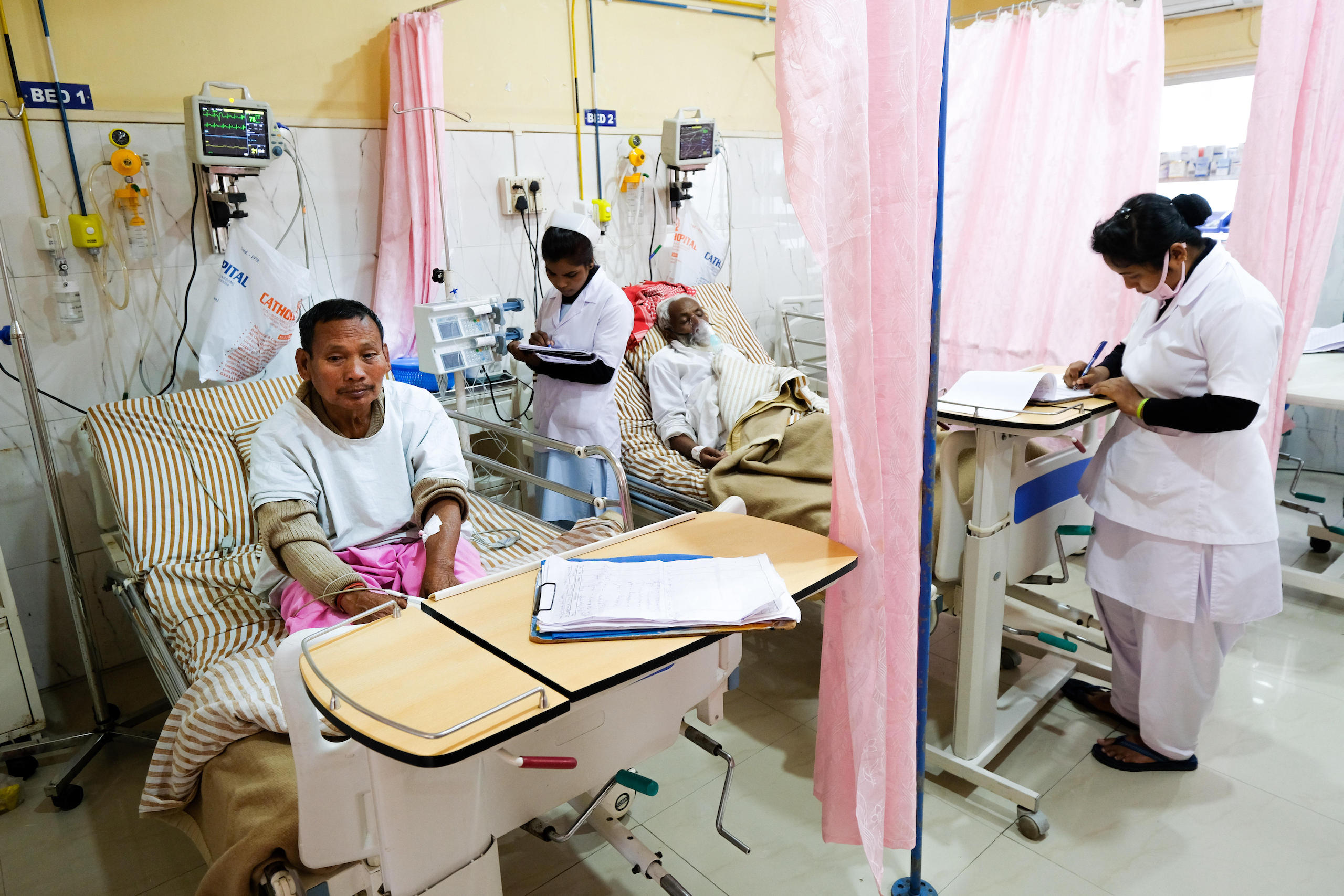How to Avoid Getting Sick in India
Nothing can ruin your vacation faster than a case of “Delhi Belly.” It’s hard to experience all that India has to offer when you’re chained to your hotel bathroom as your body reacts to a bad samosa or curry.
Food poisoning, infections or just bad reactions are common among travelers to India, who are unaccustomed to the foods, spices and preparation methods. You can avoid wasting your precious vacation days being sick by following some of these precautions.
Water
Water is a common concern among travelers to India, and with good reason. Sanitation and filtration rules are different in India, and even public water systems can contain harmful bacteria that will ruin your vacation.
Never drink water unless you are 100% certain that it is filtered or bottled. When in doubt, ask. Most of the finer hotels and restaurants in India have filtration systems, but it’s better to be safe than sorry. This extends to ice as well. Check to be sure that the ice comes from a filtered water source before adding it to your drink.
However, you need to drink plenty of water, so stick to bottled – but check the seal before you drink it, especially if you buy water from a street vendor. Some unscrupulous vendors refill old bottles with unfiltered water and sell them to unsuspecting buyers. Purchase bottled water for brushing your teeth as well, unless you know for sure that your hotel’s water is clean.
Fruits and Vegetables
In most cases, fruits and vegetables are safe to eat in India; in fact, some experts recommend sticking to a vegetarian diet during your trip to avoid getting sick from meat or fish. Many Indians are vegetarians themselves, and vegetarian cooking is such an art in India that you probably won’t miss eating meat.
When choosing fruits and veggies to eat, stick to fruit that you can peel, or wash it thoroughly with bottled, clean water. Try to avoid eating raw veggies – you’ll have no trouble finding delicious cooked vegetable dishes anyway.
Dairy
The standards for dairy pasteurization and storage in India are vastly different from those that most Western travelers are used to – so much so that even a sprinkle of fresh cheese can cause gastrointestinal issues. Avoid milk and cheese altogether. Paneer, the Indian cheese used in some curries, is generally less troublesome, but don’t risk it with any other cheese. Lassis, a smoothie-like drink made with yogurt, doesn’t usually give travelers trouble, but be careful to avoid those made with ice or water.
Fish
Unless you actually see the fish caught – and cooked – avoid it. Again, sanitation and storage rules are different in India, and if a fish is left out too long in India’s notorious heat, it’s going to be crawling with bacteria that will launch a full-scale attack on your gut.
Spicy Foods
One of the joys of traveling to India is getting the chance to try a wide variety of new flavors and spices. Unfortunately, some of those flavors can wreak havoc on a sensitive Western stomach, unaccustomed to the spices used in Indian cooking. For some people, the different textures and spiciness of the food can cause stomach trouble, ranging from indigestion to vomiting and other problems. Go easy on the spicy food at first, and allow your stomach to adjust to the new food. After a few days, you can get a little more adventurous.
Use Common Sense
The best way to avoid any foodborne illness when traveling to India is to use good hygiene. Bacteria and disease are often spread by contact, so washing your hands regularly and using antibacterial hand sanitizer goes a long way in keeping your healthy. Wash your hands before you eat anything, and dry them well.
You can also stay healthy by following your instincts. Avoid street vendors who appear to not follow basic food safety rules – food left out for a long time, dirty utensils, etc – or that aren’t very busy. It’s generally best to avoid buffets, since cross-contamination is a big risk and the food may have been left out for a long time. Try to eat your meals in five-star restaurants – usually found in hotels – and only patronize street vendors who have large crowds or are highly recommended by locals you trust.
When packing for your trip, toss in some items to prepare for a possible illness. The CDC recommends bringing along some Pepto and taking a dose each day to head off possible problems. You might not want a daily dose of pink chalk, but it can really help with tummy troubles and heartburn. Pack an anti-diarrheal medicine, and ask your doctor about getting a prescription for antibiotics to take along as well.
Many people believe that India has some of the best food in the world. Go ahead and enjoy it, but be safe and take the necessary precautions – or you could end up with a story about your trip that you’d rather not share.
This guest post article was written and provided by Erica Gustafson who is a freelance writer, avid traveler and online media consultant for Expedia and the Baiyoke Sky Hotel. Image by Alicia Nijdam



